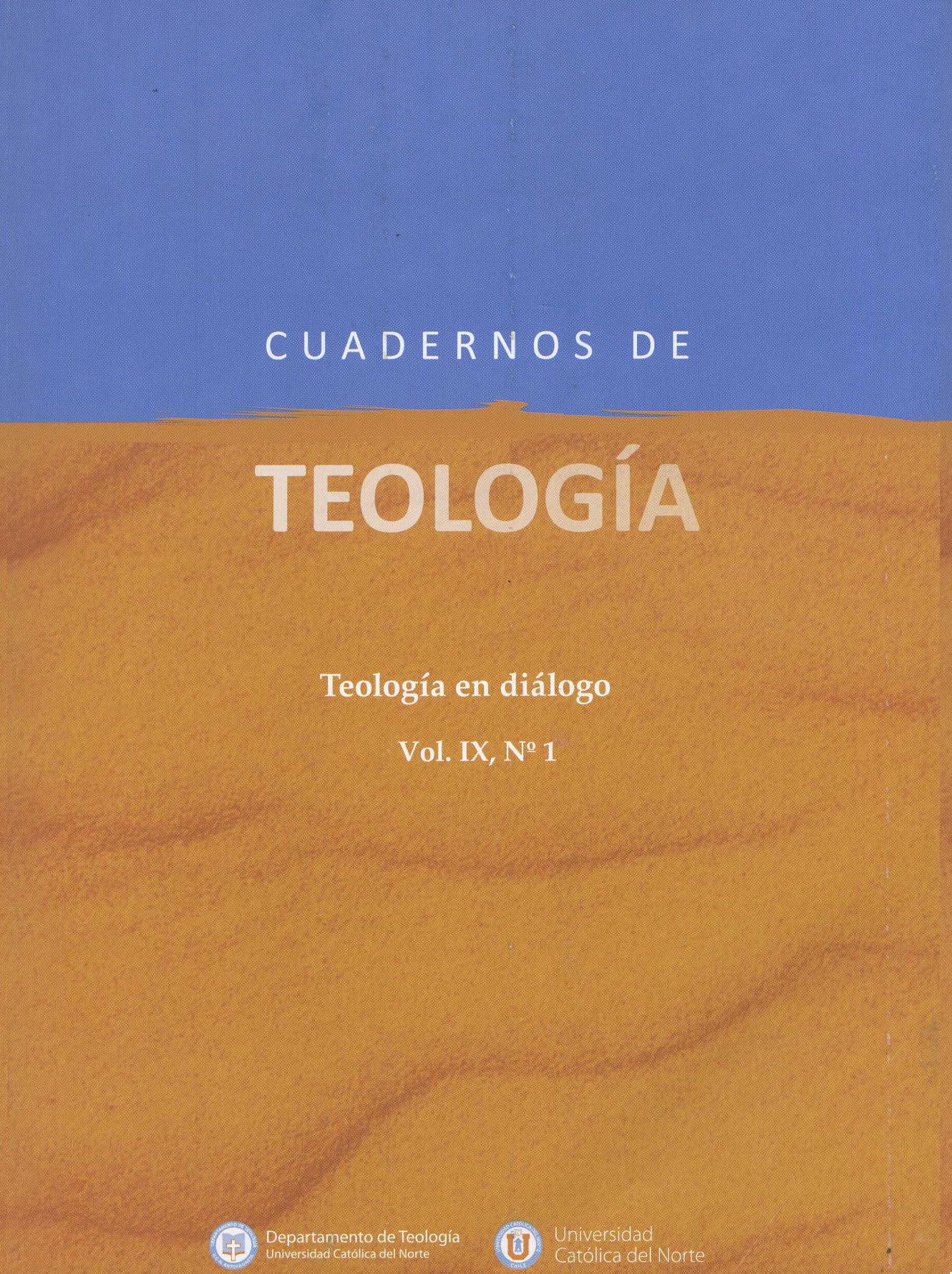The The reception by the Second Council of Vatican of father Yves Marie Congar’s ecumenism theology and some aspects of the theological debate that ensued.

Abstract
Father Congar wrote in 1937 his book Chrétiens désunis (Disunited Christians), which opened a new phase in theological research on ecumenism. He completed it in 1964 with Chrétiens en dialogue (Christians in dialogue). It was at this time to ask what theological place had, outside the Catholic Church, the Christians but also what he calls "the dissidents christian groups."
Congar develop a theology of the "elements of the church" by which Christians are incorporated into the Church and which define the consistency, the being of the particular churches. The big question is, in fact: where is the Church of Christ, the unique, one and holy existence, the one we confess in the Creed? For Congar, these are the elements that structure the church and make it or not a church and even make it the Church. It is from these elements that we can gradually deduce the special and unique position of the Catholic Church in the christian world and how this same Church understands its relationship to other churches and christian communities. The ecumenical journey is to regain the lost unity of Christians: it goes through the return to the one Church of God as it was founded by Christ.
Keywords
Congar, Ecumenism, Elements of the Church, Subsistit In, Second Council of Vatican
Author Biography
Thibault De Pontbriand
Facultad de Teología.
References
- Benoit XVI. Constitution Apostolique, Anglicanorum coetibus, sur l’établissement d’ordinariats personnels pour les anglicans qui entrent dans la pleine communion avec l’Eglise Catholique, 4 novembre 2009.
- Concile Vatican II. Constitution dogmatique sur l’Eglise, Lumen Gentiuum, 21 novembre 1964.
- Concile Vatican II. Décret sur l’œcuménisme, Unitatis Redintegratio, 21 novembre 1964 .
- Congar, Yves Marie. Chrétiens désunis. Paris : Editions du Cerf, 1937. Impreso.
- Congar, Yves Marie. Chrétiens en dialogue. Paris : Editions du Cerf, 1964. Impreso.
- Congar, Yves Marie. « Le développement de l’évaluation ecclésiologique des Eglises non-catholiques. Un bilan ». Revue de droit canonique 25. 1975: 177- 185. Impreso.
- Congrégation pour la Doctrine de la foi, Déclaration Dominus Jesus, sur l’unicité et l’universalité salvifique de Jésus-Christ et de l’Eglise, 16 juin 2000.
- Jean Paul II. Lettre Encyclique sur l’engagement œcuménique « Ut unum sint », 25 mai 1995.
- Villar, José Ramon. La Iglesia de Cristo « subsistit in » la Iglesia Catolica (Lumen Gentium 8) ; Teocominicaçao, Porto Alegre, v. 42, n. 2, jul/dec. 2012: 224-241.
- Léon XIII. Lettre Apostolique, Apostolicae curae, 13 septembre 1896.
- Pie XII. Lettre Encyclique, mystici Corporis Christi, sur le corps mystique de Jésus Christ et sur notre union en lui avec le Christ, 29 juin. 1943.
- Revue du Sacré Synode de l’Eglise Grecque, Ekklisistiki Alitheia 1. 2000: 1-7. Impreso.